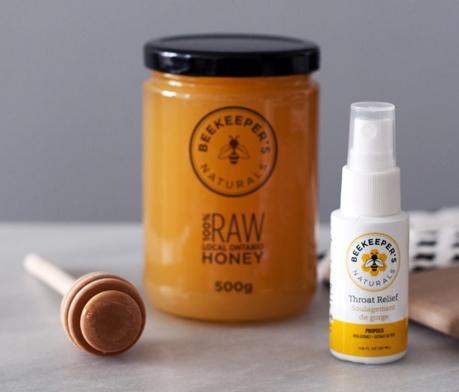Start-Ups Snapshot
Hangry
Why we started the company: The lineups at Queen’s were so long — especially at Starbucks — I was always late for class. When I didn’t have time for my pre-class latte and bagel, I would get ‘hangry’ (hungry + angry = hangry). I knew there had to be a better way.
What business problem does your company solve?
Lineups! Students get out of class at the same time and all flock to the same on-campus lunch spots. Hangry enables students to order in advance, so that their orders are ready when they arrive. Campus food-service operators are able to smooth out these lunch rushes by receiving orders 15 minutes or even an hour in advance. This enables operators to improve the student experience, keep students dining on-campus and ultimately increase sales.
The most fun I’ve had so far was when: We (successfully!) pitched Hangry on Dragons’ Den. Most people don’t know this, but it’s actually a 45 minute rapid-fire Q&A that is cut down to 5 minutes. It’s intense. On the show, we secured a deal with tech entrepreneur Michele Romanow, Joe Fresh founder Joe Mimran and investment expert Mike Wekerle.
When we officially launched at the University of Toronto in November last year, it was really exciting to see that there was so much demand for the service. This coming September, Hangry will be available at more than ten of the top campuses in Canada.
A Smith School of Business connection?
Hangry was my New Venture Project as part of my MBA studies. There are no official launch plans for Queen’s yet, but it’s certainly a priority since it was the birthplace of Hangry!
Beekeeper’s Naturals
Our company, Beekeeper’s Naturals, produces sustainable all-natural superfoods from the hive that promote health and well-being while raising public awareness to help protect the bees.
Why we started the company: During grad school, the effects of burning the candle at both ends caught up with me and I was coming down with colds or flu at least once a month. A friend recommended a natural remedy, propolis, which I tried and it worked! I felt that I had to spread the word about this amazing substance that bees make from tree and plant resins to seal their hives and protect them from predators and disease. Propolis possesses antibacterial, antiviral, antifungal, anti-inflammatory and antibiotic properties and is often called “Russian Penicillin” or “nature’s antibiotic”.
About our company: In 2014, my business partner Carly Stein and I started selling a unique propolis spray, which is now sold in over 500 stores across Canada. We source our bee products from sustainable beekeepers across the country. We‘re proud to be a certified B Corp — a for-profit company shown to meet rigorous standards of social and environmental performance, accountability, and transparency. A core part of our mission is to give back and save the bees and we use our platform to educate others about the bees and their importance to our environment and food supply. We donate a percentage of our revenue to the Canadian Bee Research Fund and have partnered with the David Suzuki Foundation. We also lecture and lead workshops across Canada to educate people on the importance of bees.
The most fun I’ve had so far was when: I rescued a swarm of over 20,000 bees from a tree branch at eye level outside a building in Toronto’s financial district. People were freaking out when I walked through a flower bed wearing my beekeeper suit and moved the bees to an apiary close by. No people (or bees!) were hurt.
Unata
Our company, Unata, powers cutting-edge digital experiences for major grocery store chains across North America by enhancing their e-commerce, digital loyalty and digital flyer offerings. These are powered by Unata’s 1-to-1 marketing platform, which enables each shopper to receive unique content and offers based on their purchase history.
What is the business problem that your product/service solves?
Grocery store chains are experiencing extreme demand to digitally communicate and engage with their shoppers. This is partly due to pressure from competitors such as Walmart and Amazon, both of which have large R&D departments and extensive IT infrastructures. Mid-market grocery chains don’t have such resources, so Unata is well positioned to be their trusted digital partner.
The most fun I’ve had so far was when I was flying back from Austin, Texas, after witnessing a consumer focus-group study that compared how our e-commerce platform stacked up against Amazon’s, Wal-Mart’s, and other industry giants’. Much to my delight, our solution was consistently picked over the others, which helped us gain a big new client. On the plane, I wrote an email to the entire Unata team recounting the results, telling them that it was proof that they had built something incredible, and that they should buckle up because the months to come were going to be a crazy ride!
The most important thing I’ve learned about starting a business is that finding the right initial hires is not just about finding talent; it’s critical that they embody the core elements of the culture you want to build. A great company culture will ensure employees are happy and will mean the difference between employees liking their jobs and loving them. Not only will that reflect positively in your product and in the way the team serves your customers, but it also helps attract other highly motivated people. Talented, passionate people want to be around other talented, passionate people. ▪






